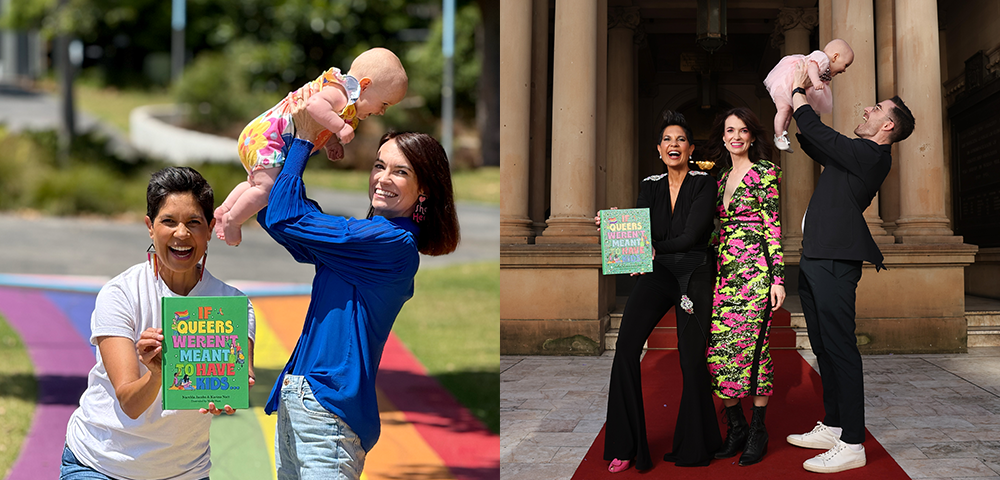
Tackling transphobia
This Saturday is International Transgender Day of Remembrance.
Set aside to memorialise those who have been killed due to transphobic hatred or prejudice, it’s hoped the day will also raise public awareness of hate crimes against transgender people.
The event is held to honour Rita Hester, whose murder in 1998 kicked off the ‘Remembering Our Dead’ web project and candlelight vigil in 1999.
An Australian and New Zealand study on transgender issues in 2007 — written by La Trobe University’s Gay and Lesbian Health Victoria — shows trans acceptance in Australia still has a long way to go.
The study found 87.4 percent of respondents had experienced at least one form of stigma or discrimination on the basis of gender. Social forms of stigma such as verbal abuse, social exclusion and having rumours spread about them were reported by half the participants.
A third had been threatened with violence. A similar number reported receiving lesser treatment due to their name or gender on documents; as well as being refused employment or promotion. Almost a quarter had been refused services and 19 percent physically attacked. Many participants also admitted to keeping their gender identity to themselves, or to only express it in private, and in safe spaces.
Only 18.2 percent had reported incidents to police and of those that did report, less than half (34.8 percent) were treated with courtesy and dignity.
“We need to honour not only trans people who die as a direct result of physical violence, but also the many trans people who have suicided as a response to not being able to live as who they are without facing harassment, vilification, isolation and distress,” said executive director of the National LGBT Health Alliance, Gabi Rosenstreich.
“The Transgender Day of Remembrance is a call to end the transphobia that damages and ends so many people’s lives. It is, however, also a reminder of the inspiring resilience of so many gender diverse people who live lives of dignity and joy in the face of continuing discrimination.”
In a positive sign of improving attitudes domestically, the Australian Defense Force has recently agreed to pay for sex-change operations for a soldier. The move was highlighted by the case of Bridget Clinch, who was initially told by the Defense Force that she would be discharged on medical grounds after seeking a sex-change operation.
The ADF reviewed their policy and reinstated her earlier this year, agreeing to pay for the operation. According to Defence Force policy, a soldier is entitled to medical treatment, if they have an officially diagnosed condition and the operation is assessed as necessary for the health and deployment prospects of personnel.
info: Visit www.transgenderdor.org










